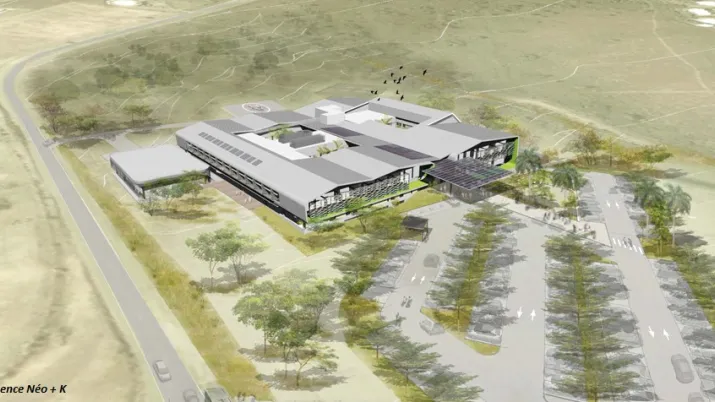Share the page
Health in Common Initiative I & II
Project
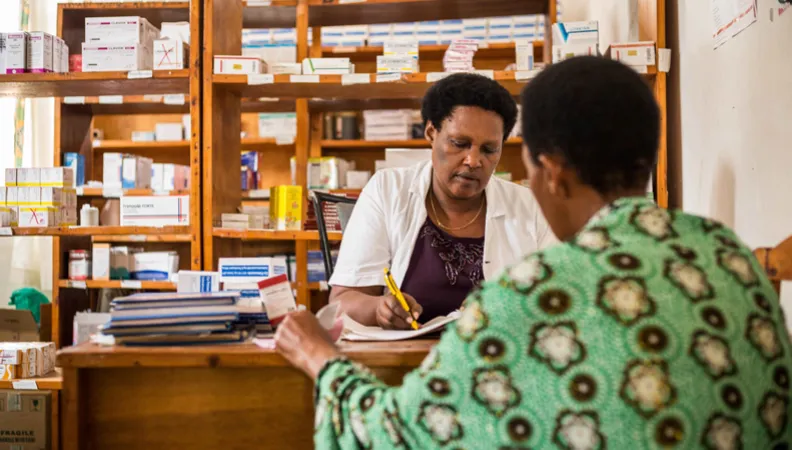

-
Project start date
-
Status
Completed
-
Project end date
-
-
AFD financing amount
-
102 000 000 €
-
Country and region
-
Location
-
Rwanda
-
Beneficiaries
-
Government of Rwanda
-
Type of beneficiary
-
State
In response to COVID-19, AFD provided two successive budget supports to strengthen Rwanda’s health system, expand testing and treatment, and protect vulnerable households through social safety nets.
Context
Over the past decade, Rwanda has achieved rapid economic growth—averaging more than 8% per year—and major improvements in health and social protection. Life expectancy had doubled, the country had one of the highest health insurance coverage rates in Sub-Saharan Africa and nationwide programs provide targeted cash transfers, public works jobs, and nutrition support to the poorest households.
Covid-19 posed an unprecedented stress to the health and social protection system, disrupting economic activity, reducing household incomes, and increasing demand on health services. The government reacted swiftly by launching a Preparedness and Response Plan, enforcing strict but timely lockdowns, and adopting an Economic Recovery Plan. This strategy aimed to contain the virus, protect vulnerable households, and preserve the hard-won progress made in building a stronger and more inclusive health and social protection system.
Description
To support Rwanda’s swift and comprehensive response to COVID-19, AFD provided two successive budget supports— 40 M€ in 2020 and 60 M€ in 2021—to reinforce both the health system and social protection programs.
Funding to the Ministry of Health and the Rwanda Biomedical Center expanded testing and treatment capacity, strengthened infection prevention, and decentralized COVID-19 care across the country.
Support to the Ministry of Local Government and Local Entities and Development Agency (LODA) ensured the continuity and extension of cash transfers, public works employment, and nutrition assistance for the most vulnerable households.
A complementary 2 M€ grant to the ICRC targeted hard-to-reach communities, in full alignment with national priorities.
Impacts
By April 2022, the health response had achieved nationwide reach and impact. Over 5.2 million COVID-19 tests were conducted, increasing the national testing rate from 0.25 per 10,000 people in March 2020 to 576 per 10,000 in October 2020. All 503 public health centers and 60 private clinics were equipped for rapid diagnostics, and 11 sites provided PCR testing. Treatment capacity grew from 1 to 26 dedicated centers, while intensive care provision expanded from 0 to 36 beds. In addition, all 48 district hospitals established dedicated isolation facilities, ensuring decentralized care across the country. The strengthened response helped curb transmission, with new cases and deaths declining steadily after the July 2021 peak.
On the social protection side, 122,292 households received direct cash support, of which 72% were female-headed. 92,334 households participated in expanded public works, providing income opportunities during the crisis. Nutrition support reached 215,920 people, including 119,037 children under two. Health insurance coverage was maintained or extended to 1.95 million vulnerable individuals, safeguarding access to essential health services.
The ICRC reached over 11,000 households in hard-to-reach areas with cash transfers, food assistance, and infection prevention activities, complementing the government’s national COVID-19 response.
These results not only mitigated the immediate impacts of the pandemic but also reinforced the resilience of Rwanda’s health and social protection systems.
On the same region
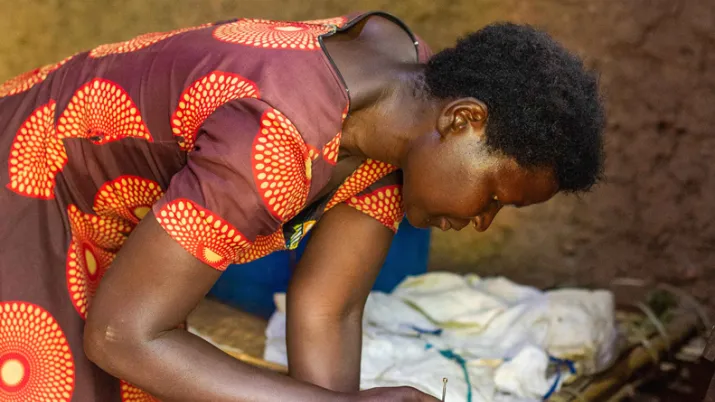
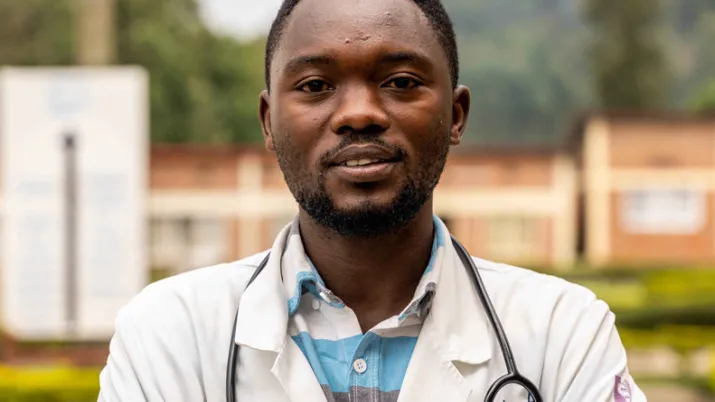
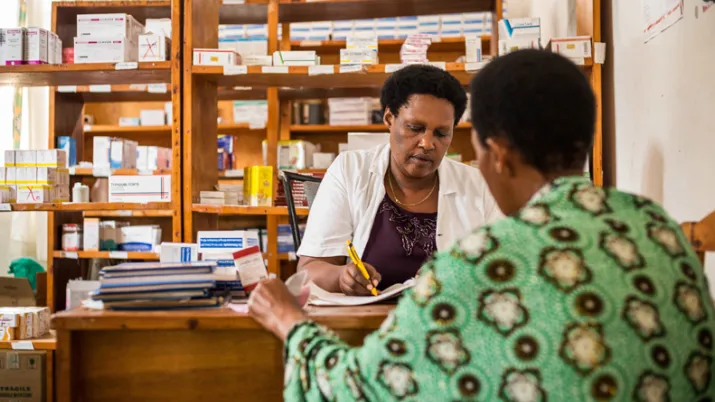
On the same topic


On the same financial tool






